Medical Maternity Kit












How Did We Create the Medical Maternity Kits?
Medical Input from Sierra Leone
In Sierra Leone, we consulted with Dr Francis Moses from the Ministry of Health and Sanitation, who is a member of the Reproductive Health & Family Planning Programme and holds a Master of Medicine in Reproductive Health & Human Genetics. He provided expert guidance on the critical medical tools and supplies required for safe childbirth.
Additionally, we engaged with head nurses at PCHM Hospital in Freetown, who shared first-hand experiences and offered practical advice on the most effective tools to support midwives and healthcare workers in their daily operations.
Freetown — Sierra Leone, April 2023
Freetown — Sierra Leone, April 2023
Insights from Pakistan
In Pakistan, we collaborated with Minister Nisar Ansar Abdali, Health Minister of Azad Jammu & Kashmir, who highlighted the maternal health crisis in remote areas such as Gurase Valley in the Neelum District. His insights helped us understand the specific needs of clinics and hospitals operating in these hard-to-reach areas.

From Research to Reality

What’s Inside the Kit (WHO-Informed)
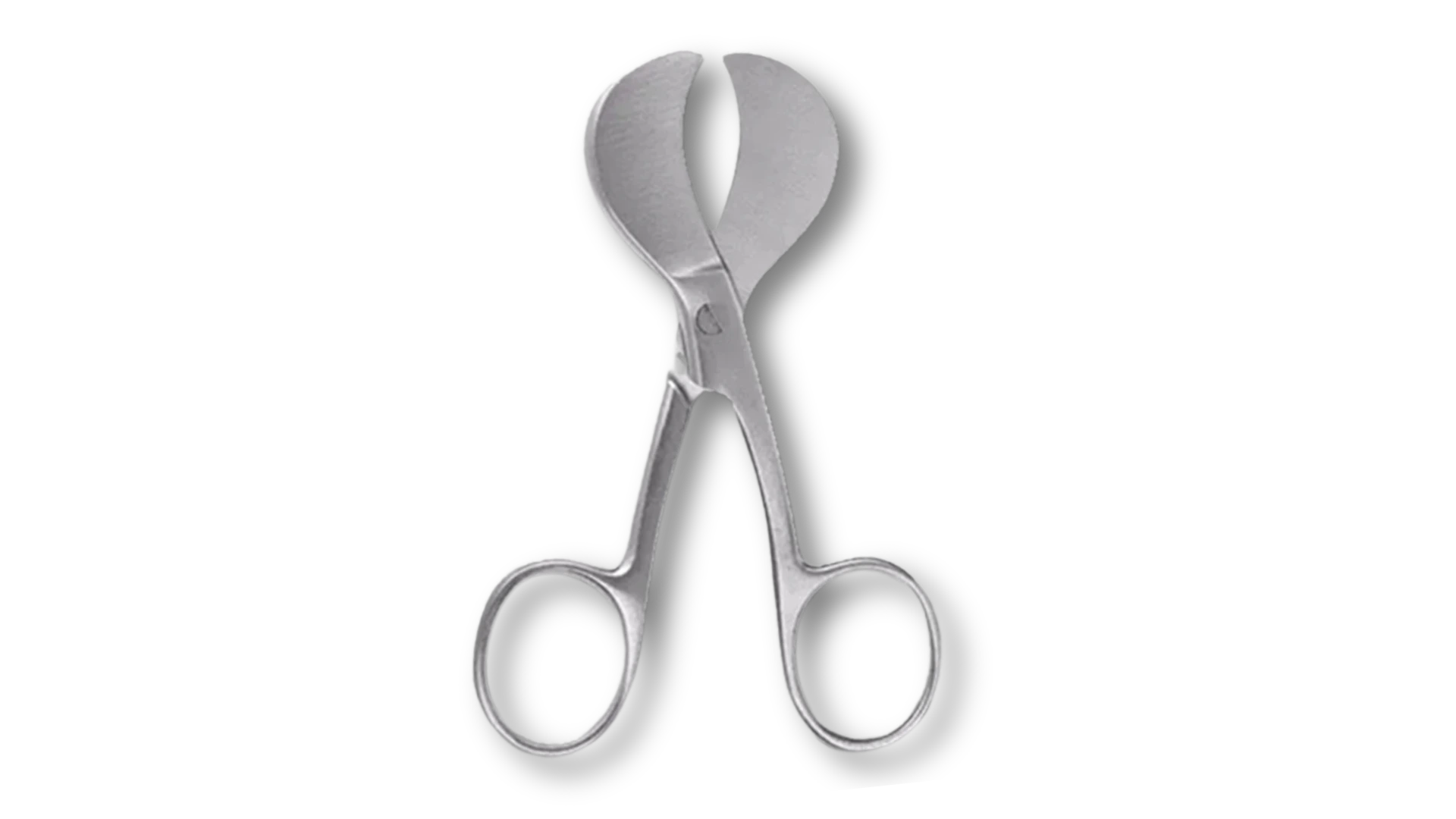
Sterile Umbilical Cord Scissors
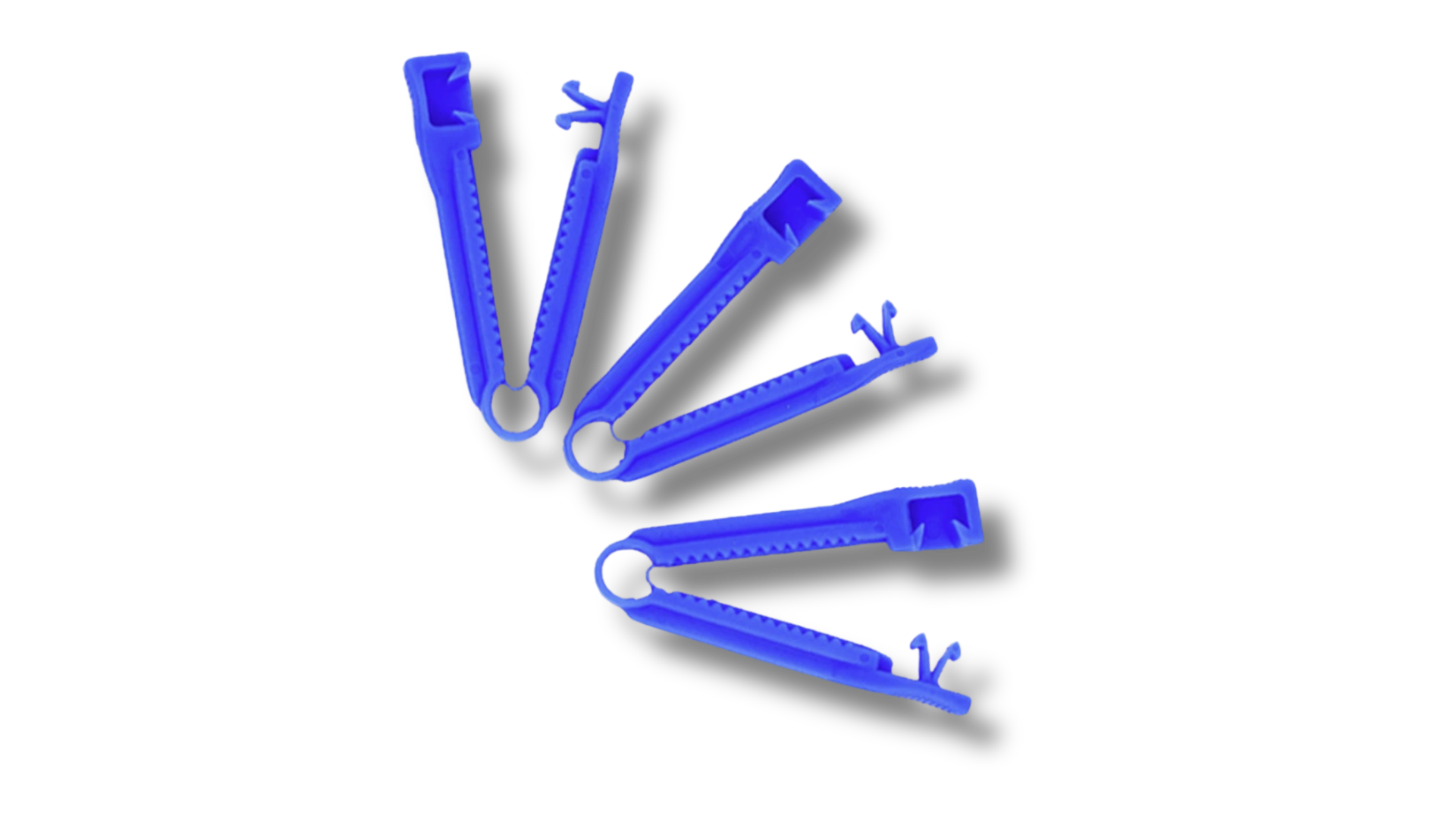
Umbilical Cord Clamps

High-Absorbency Maternity Pads
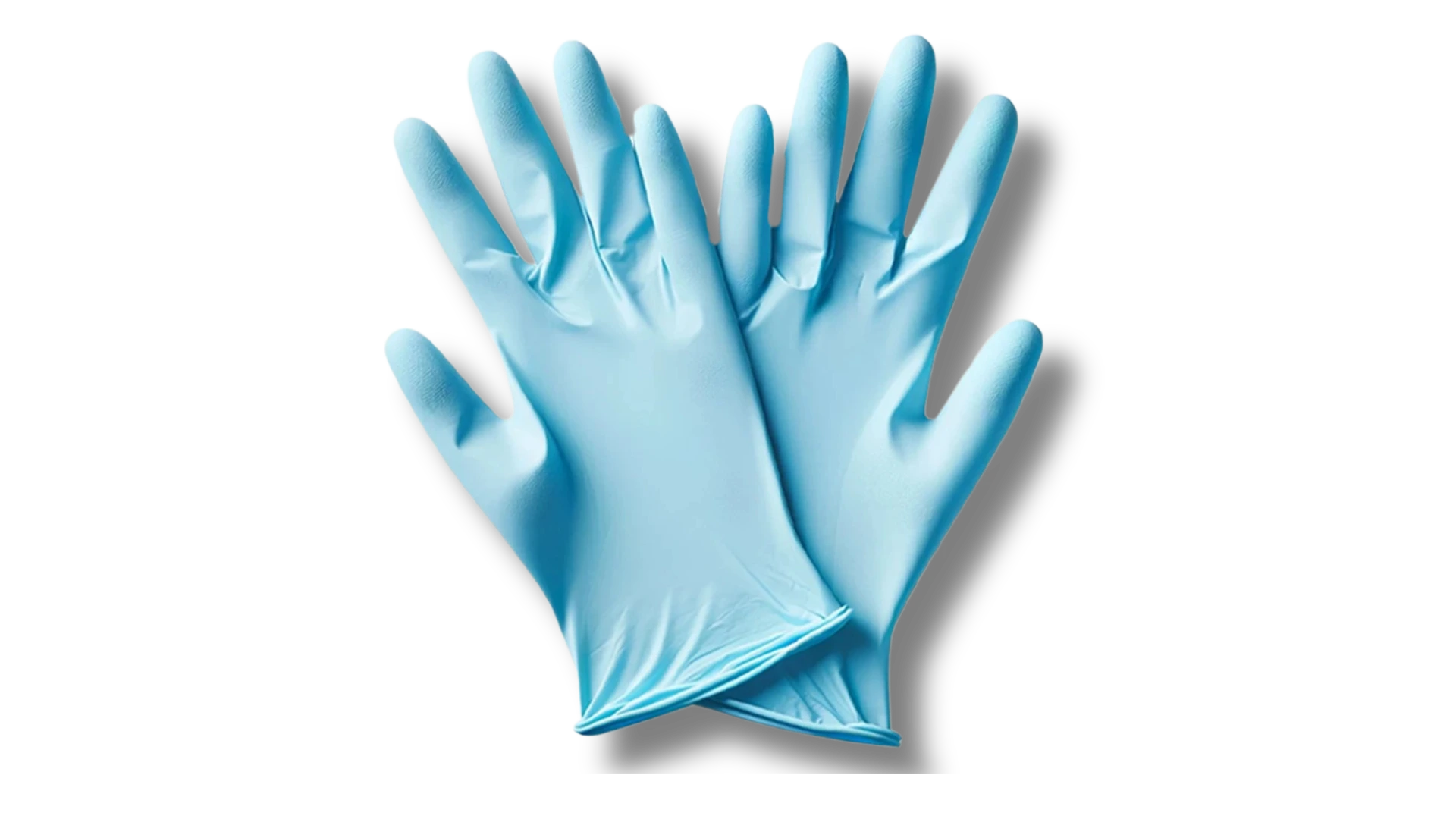
Sterile Gloves
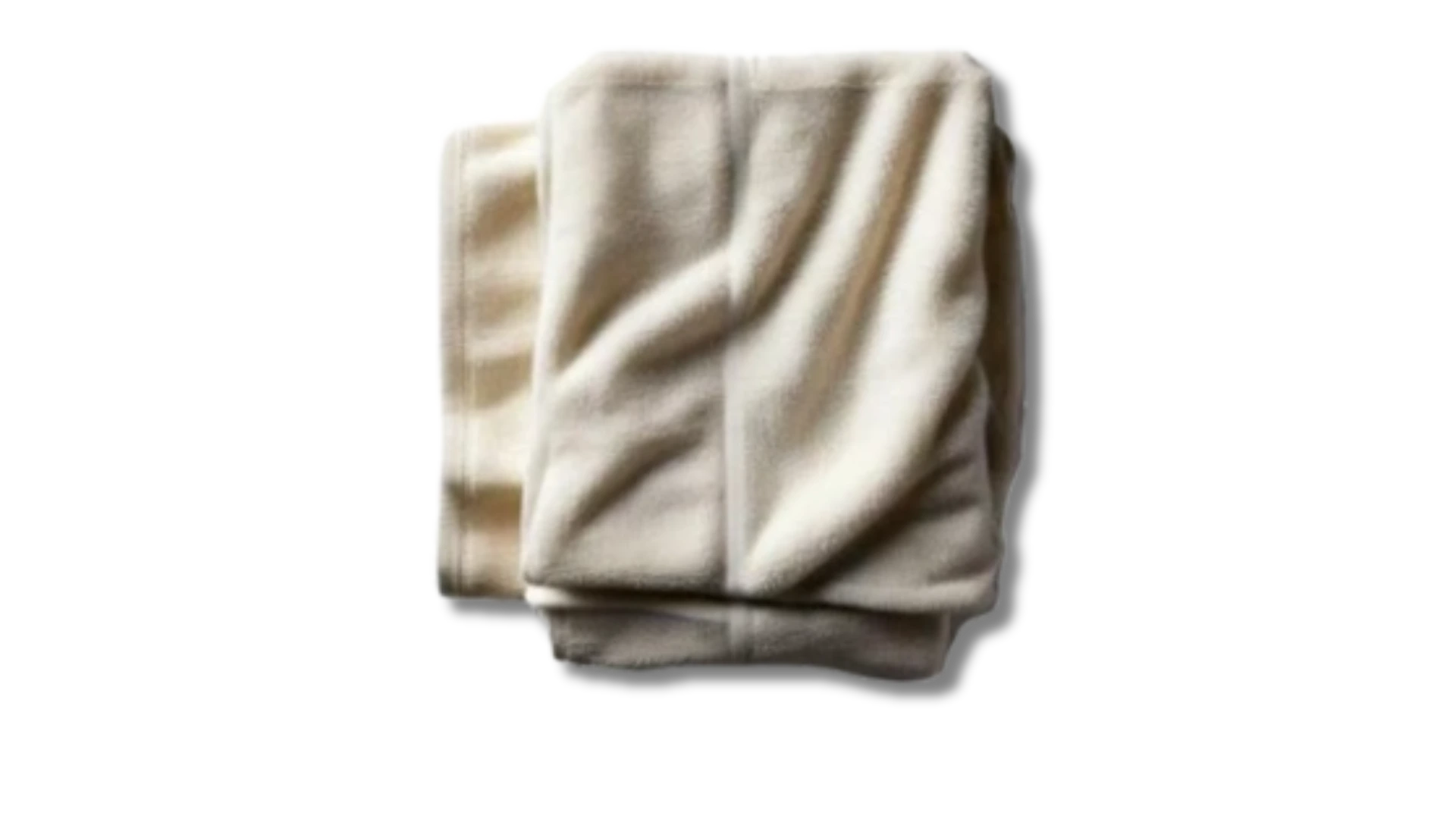
Baby Blanket
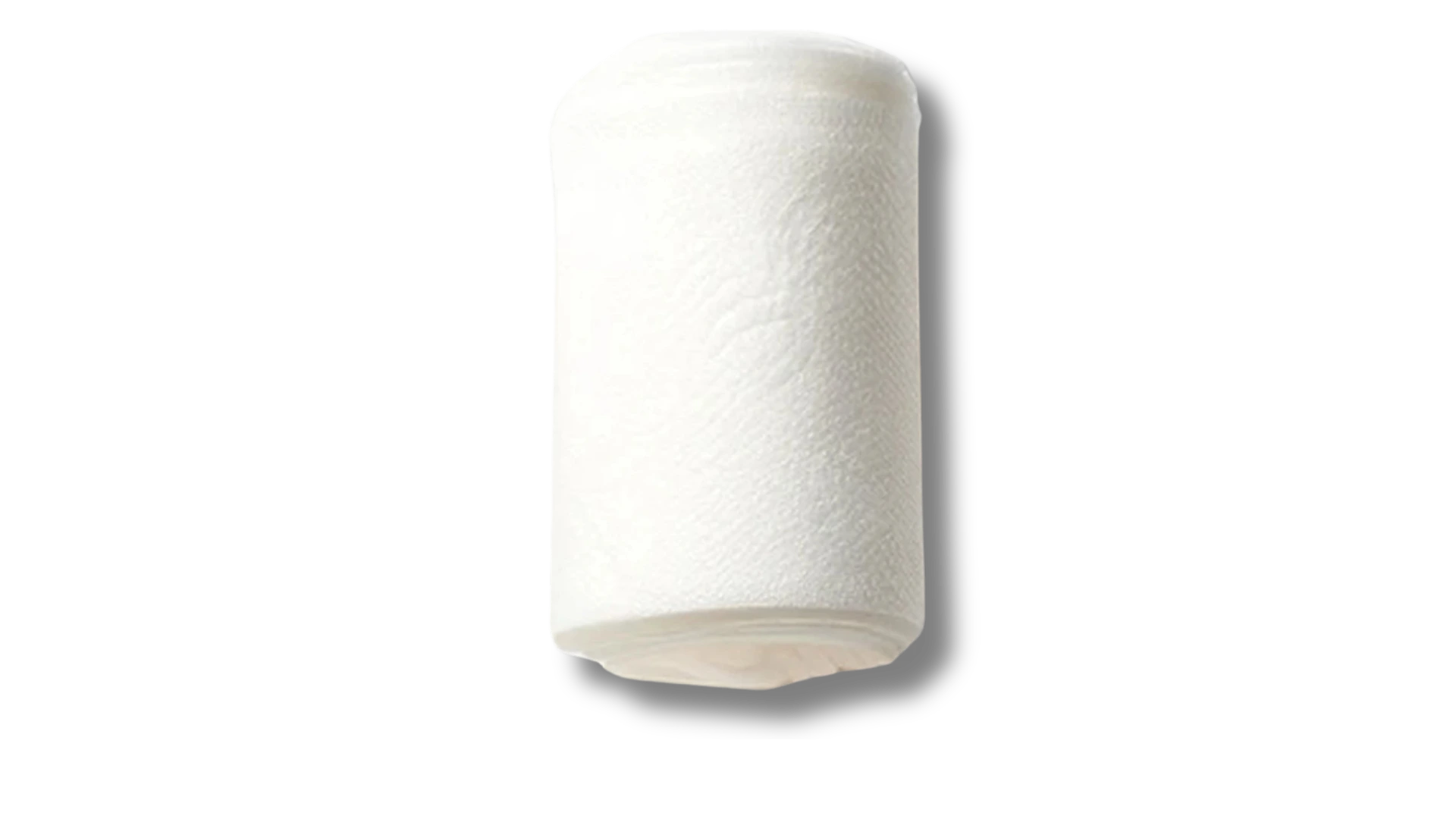
Absorbent Square
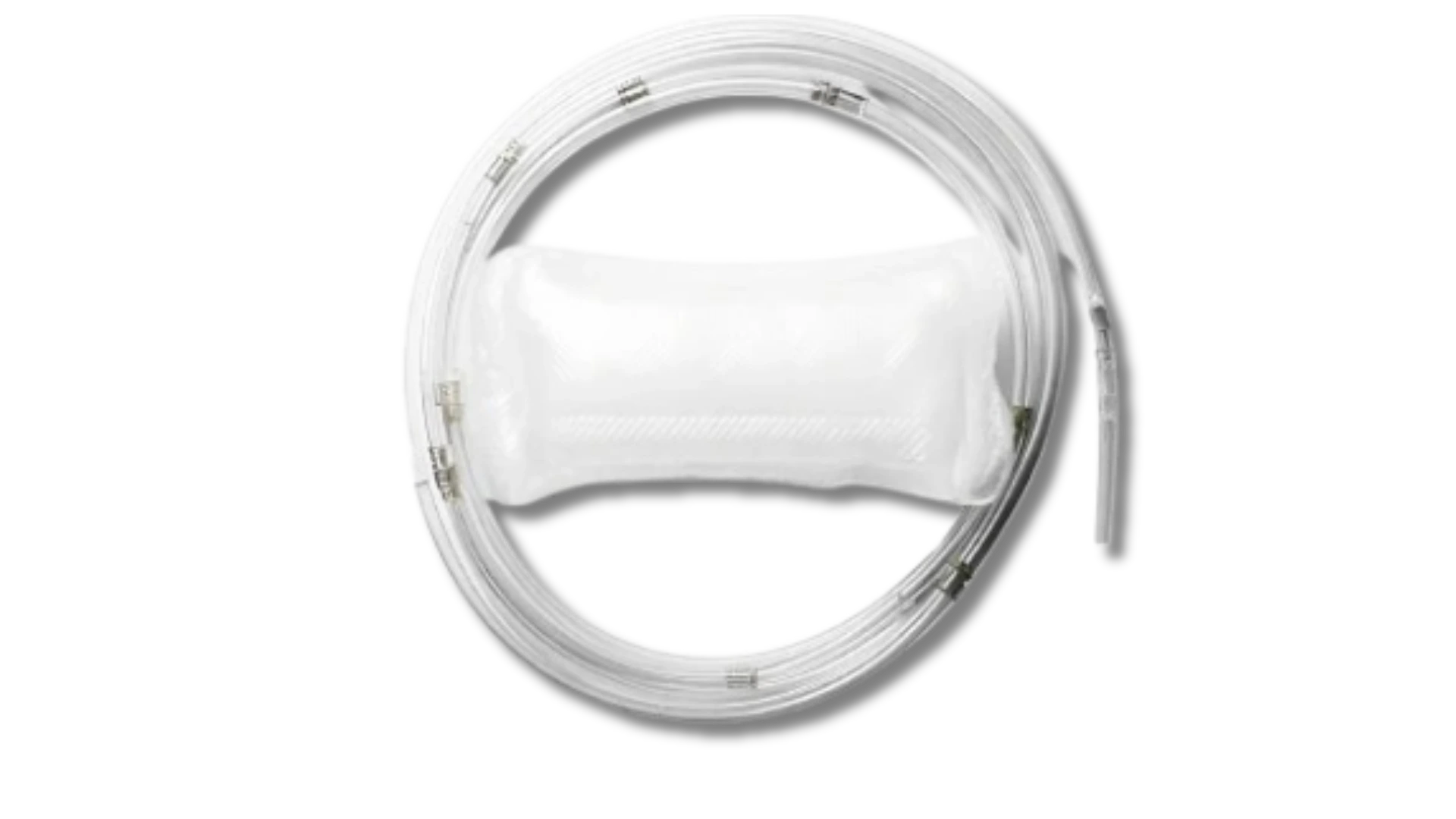
Catheter
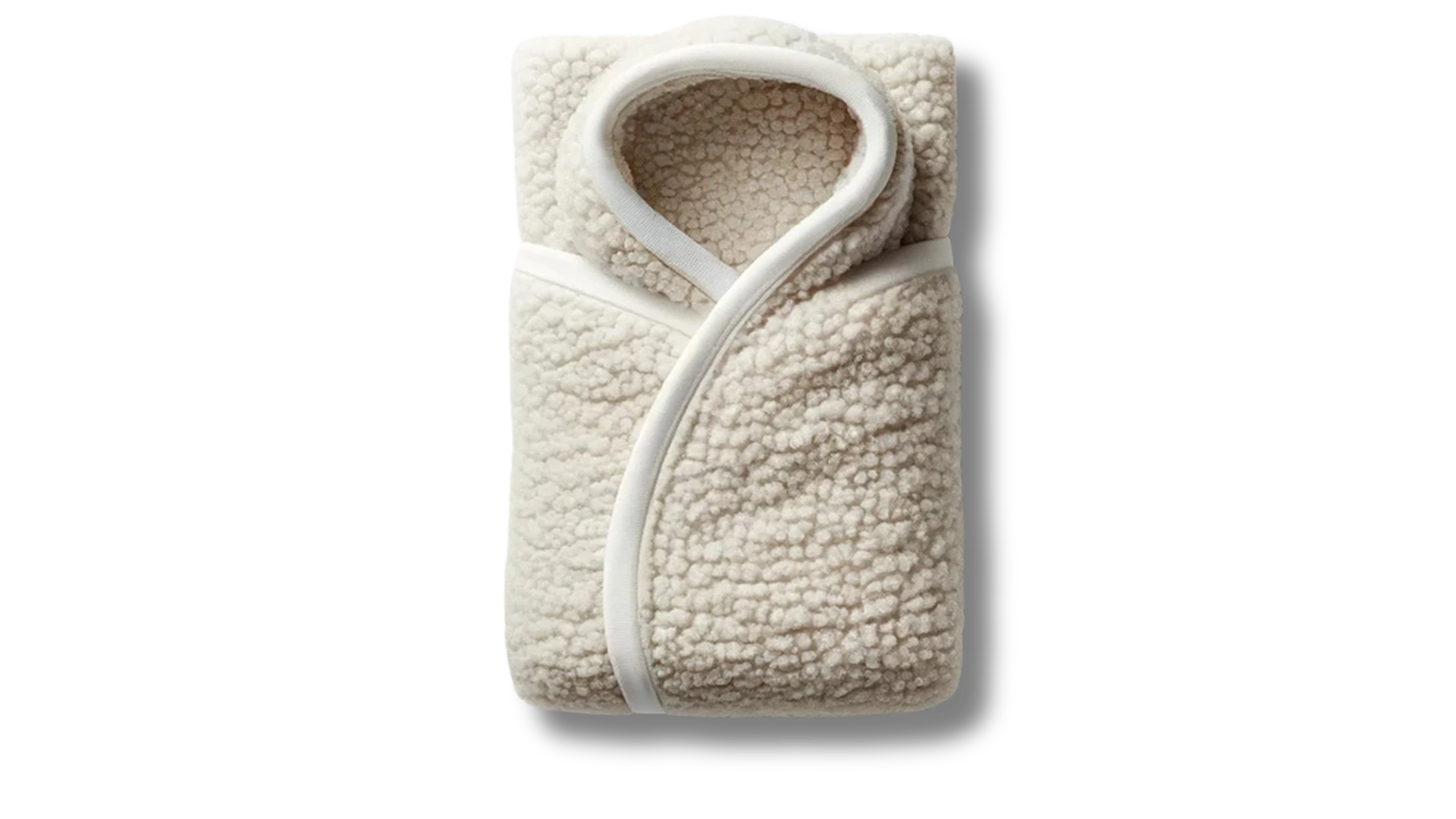
Baby Fleece Blanket

Baby Hat

Hand Sanitiser

Misoprostol Tablets

Chlorhexidine Gel (7.1%)

Disposable Delivery Sheet

Donate Now
Operations in Pakistan & Sierra Leone
In Pakistan, we are working closely with Minister Abdali and local midwives to ensure our kits meet the specific needs of rural maternal care. Our team will continue evaluating and improving the kit contents based on feedback.
For logistics, we are currently finalising partnerships with medical supply distributors and humanitarian logistics providers to transport kits from the UK to Pakistan. These include international courier services experienced in delivering medical supplies to remote areas. We are also ensuring full compliance with export and import regulations and customs clearance procedures.
In Sierra Leone, our collaboration with Dr Francis Moses continues. Distribution will occur through government-approved healthcare facilities using existing maternal health networks. We are partnering with UK-based medical suppliers capable of shipping directly to Sierra Leone and are working through all necessary importation approvals and licensing requirements. This includes obtaining export licences for medical equipment and pharmaceuticals such as Misoprostol and Chlorhexidine gel.
Staff Training and Oversight Procedures
The responsibility for scanning and registering packages will lie with the doctors and nurses who are directly attending to patients. They will receive structured training covering:
- Use of scanning equipment.
- Recording package receipt and usage.
- Troubleshooting common technical issues.
- Reporting discrepancies or missing items.
Alwin will oversee training and compliance to ensure accurate and consistent usage of the tracking system.
Fail-Safe Systems for Delivery Accuracy
To safeguard delivery and accountability in case the QR code system fails, we have established backup methods:
- Manual logbooks – Paper-based logs with unique kit identifiers and dual sign-off at each site.
- SMS reporting – For areas with poor connectivity, staff can confirm deliveries via SMS.
- Alternative barcode or serial number tracking – Each kit will include an additional tracking method that can be manually recorded.
- Audits and spot checks – On-site coordinators will conduct periodic verification visits.
Implementing Smart, Scalable Solutions
We are currently in discussions with technology partners who specialise in humanitarian aid logistics. Our system will include:
- A secure, cloud-based tracking platform accessible via smartphones.
- Handheld QR or barcode scanners or mobile apps for existing devices.
- Data security protocols to meet international standards.
- Ongoing support and software updates for consistent reliability.
Where possible, we will prioritise open-source or low-cost solutions suitable for low-resource environments. Necessary devices and connectivity will be provided at healthcare facilities and distribution points. Training will be delivered in person and digitally, with a helpline available for ongoing technical support.
With these strategies, we aim to ensure effective tracking, full transparency, and improved maternal care outcomes in the regions we serve.
